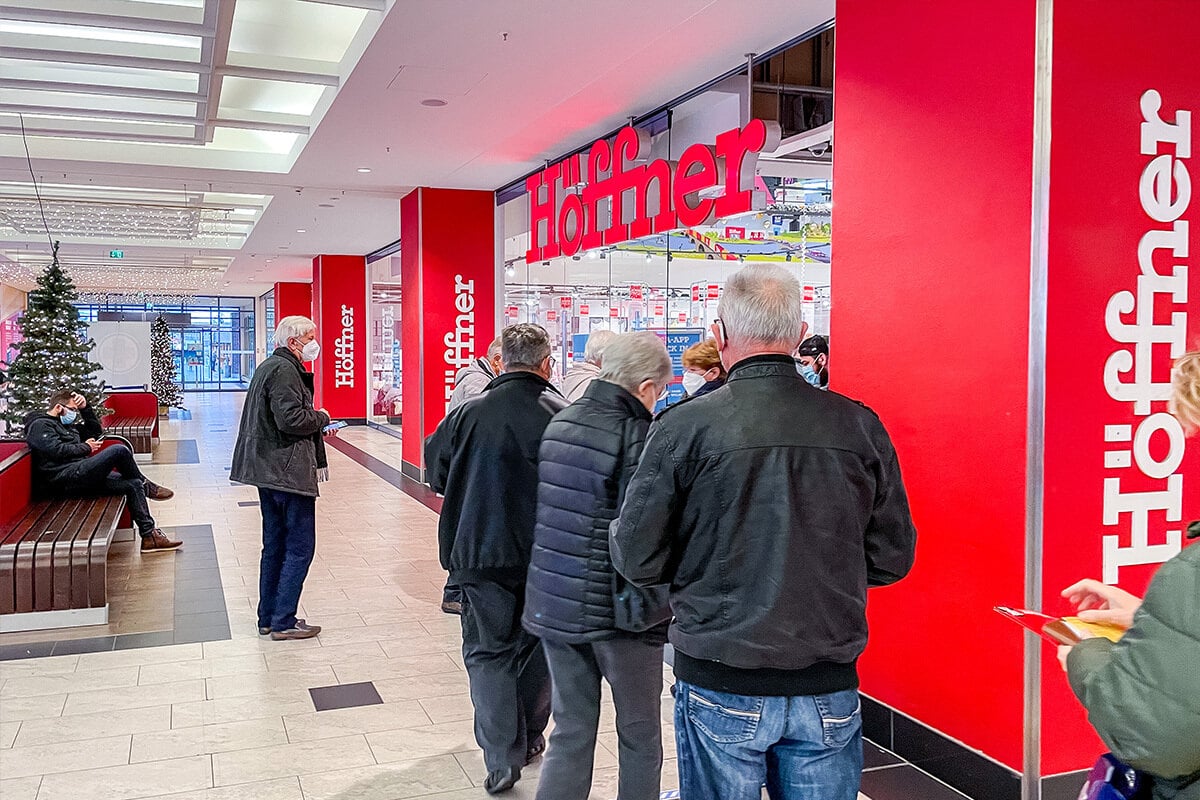COMMENTS
If not, they will not be notified.
DOWNLOADED TISK: You can not expect to be notified if one or more of your child’s class is infected. The classmates are not necessarily tested either, but can go to school as normal. Photo: Ketil Gjelstein Bjærke / NTB
view more
–
Internal comments: This is a comment. The commentary expresses the writer’s attitude.
Published
–
–
Do you remember that time Bent Høie suggested that it could be wise to share on Facebook that you were sick, if you received positive coronatest? It was in August, the infection rose and the municipalities were kneeling in the work of infection detection. The Norwegian Directorate of Health then recommended that the municipalities prioritize vaccination and testing – rather than infection detection.
Høie did not say this, but the consequence is: You can not count on your close contacts being informed that you are infected if you do not tell them yourself. You can also not expect to be notified if one or more of your child’s class is infected. The classmates are not necessarily tested either, but can go to school as normal. And if you infect someone in a hospital, the infection can spread further – without anyone being tested before they get symptoms.

A serious message
How many died at Kongsvinger hospital because not all employees were immediately tested after the first proven close contact with an infected person?
October 20 was an infected relative visiting At the hospital. By the time all staff and patients were tested, over a week later, 32 staff and 18 patients were already infected. Vaccinated employees must not be tested if they do not have symptoms. 18 days ago, the hospital reported six died after this outbreak. I personally know of another dead patient after this. The dead are elderly with underlying diseases. But there is a big difference between dying peacefully with the family around you – and spending your last days in isolation with breathing problems.
All Norwegian municipalities is Tuesday morning summoned to a meeting with the Minister of Health. The government is now introducing stricter rules in the face of the new variant of the coronavirus, omicron. At 10 am, Prime Minister Jonas Gahr Støre will present to the Storting on the strategy behind the infection control measures.

Disturbed fateful days
Even before the discovery of the new mutation, it was clear that the strategy needed to change. Never before has Norway seen such high infection rates as now, and they are increasing. On average, seven Norwegians die every day from covid-19. Hospitals in many parts of the country have long reported bursting capacity in intensive care units, both due to covid-19, RS virus and influenza. Employees cry at work, planned operations are postponed and a garage on A-house has been converted into an emergency room.
The political debate sharpens. Two months ago, I saw the then Prime Minister Erna Solberg and the then Minister of Health Bent Høie embrace each other to demonstrate the reopening of Norway. Now the Conservatives are attacking both local and national authorities for lack of infection control measures.
City councilor Raymond Johansen talks about why he will not shut down Oslo, and Assistant Director of Public Health Espen Nakstad that he do not think a full shutdown will be needed. As if it is the only way to limit the infection.

The first woman
Why do they not talk more about TISK? This is the system for Test-Isolation-Infection Tracing-Quarantine, which consists of a number of good, unobtrusive measures that until recently were the main strategy for stopping the infection.
Down-adjusted TISK was introduced September 27 by the previous government. The scheme provided less infection detection and fewer quarantines – from then on only fully vaccinated, close close contacts had to stay at home. Vaccinated close contacts must not be tested, even if they live with someone who is infected. Unless it is suspected to be of omicron, which is now receiving new emergency measures.
In October, the quarantine obligation for non-vaccinated, close close contacts was also removed. In a letter to the municipalities and state administrators on 26 October The Ministry of Health and Care Services asked the municipalities to be prepared to «be able to reintroduce downgraded TISK». At about the same time, the health authorities considered that covid-19 should still be considered a generally dangerous infectious disease, but also that we no longer had an “outbreak of a generally dangerous infectious disease”.

The father murder
The last few weeks we have seen a sharp and serious increase in infection in Norway. The easiest way to stop this is to test all close contacts, isolate those who are infected and quarantine close contacts. These are unobtrusive measures with great effect, but which are not done today.
I am not an infection control expert, but I trust the health authorities who have said this throughout the pandemic. Although I have followed all the press conferences and press releases from political leadership during the pandemic, I discovered to my dismay last week how little value the TISK system is now. Then my 11 year old daughter tested positive for covid-19.

This provokes SV
The system worked, the GP and the infection control team got in touch. I contacted the school myself. But this is how I also discovered this: If parents themselves do not notify the school that their child is infected, they can not count on the infection control team to do so. And if I had not contacted all the close contacts, no one would have done so.
At an earlier time In the pandemic, the school and the infection control team, respectively, have been responsible for informing the parents of the close contacts in the class. Now none of them have this responsibility. You risk both instances believing that the other does. This is a hole in the system.
Through the reopening of Norway, personal responsibility has increased, while national measures have diminished. Now is the time to look at both. In the meantime, each of us can do ours: Test often. And show openness. Like on Facebook.
–


